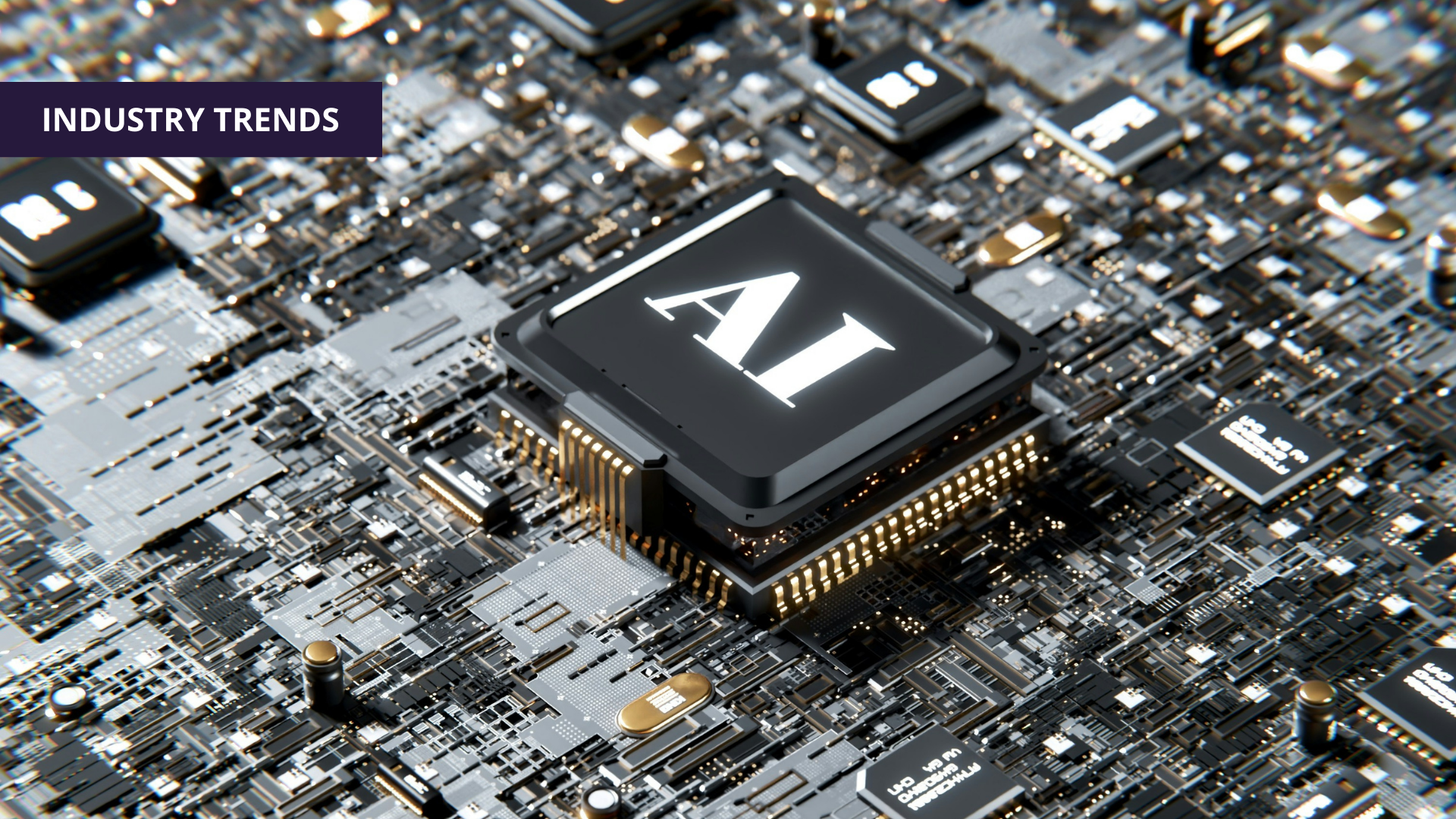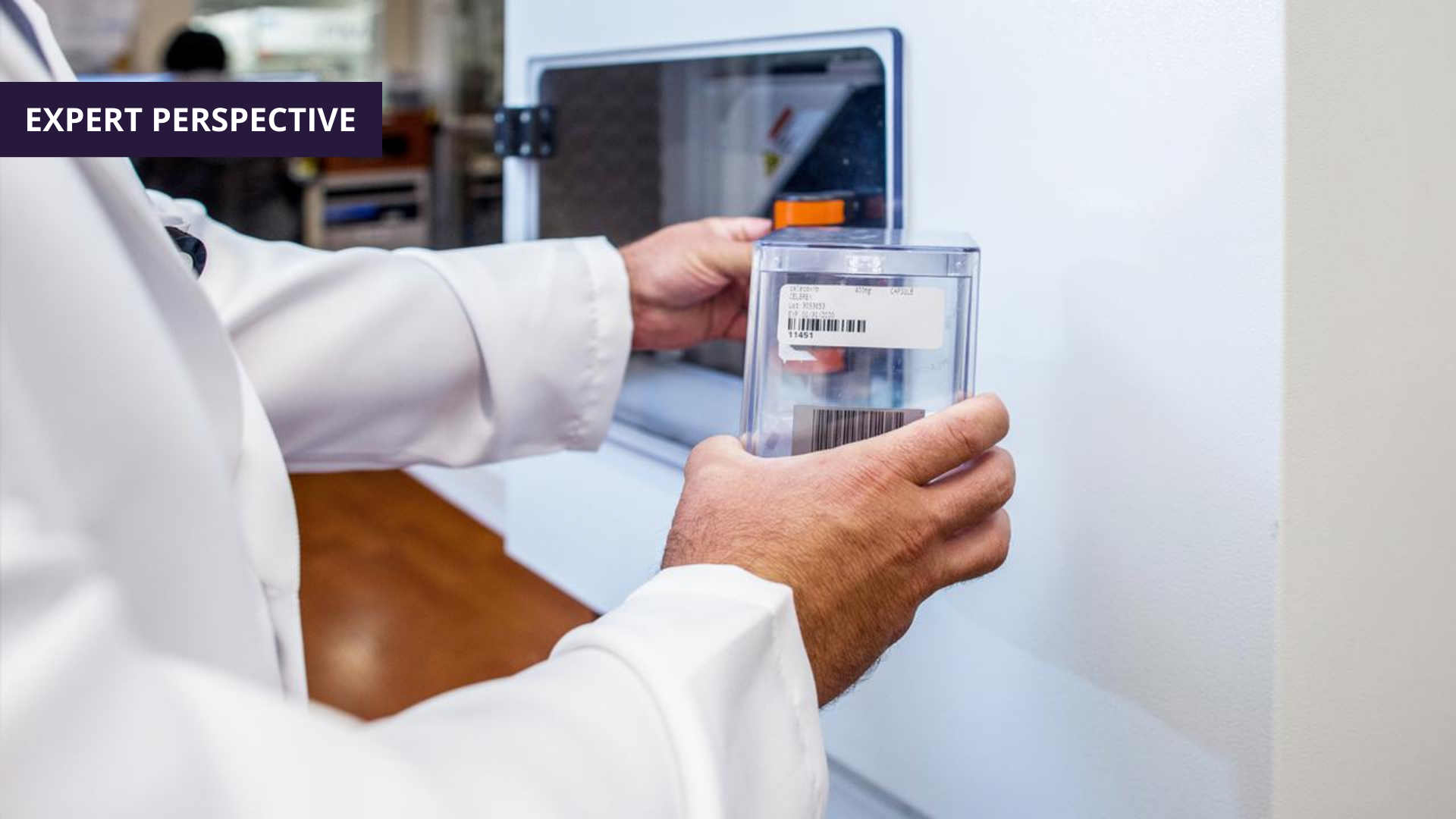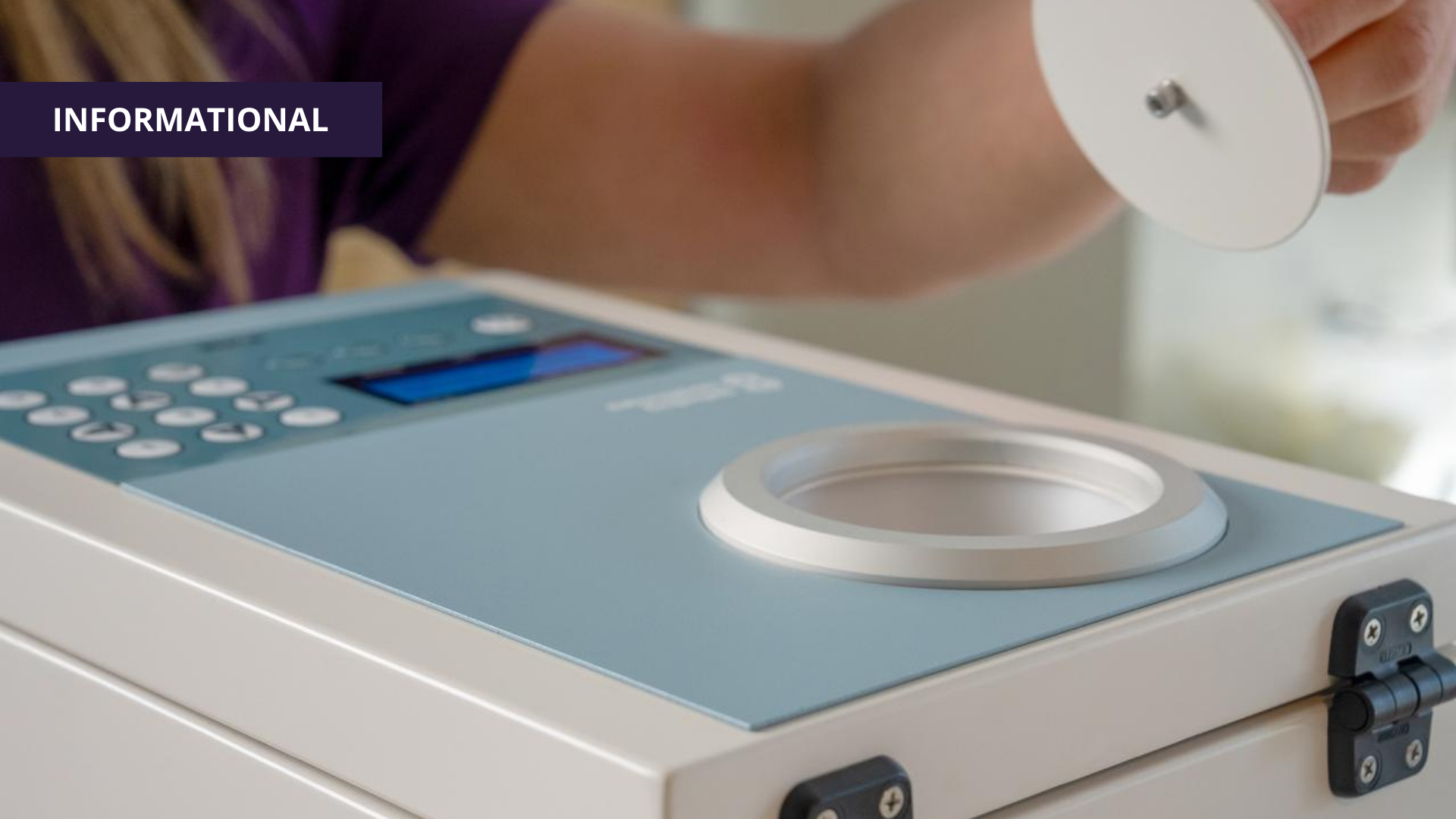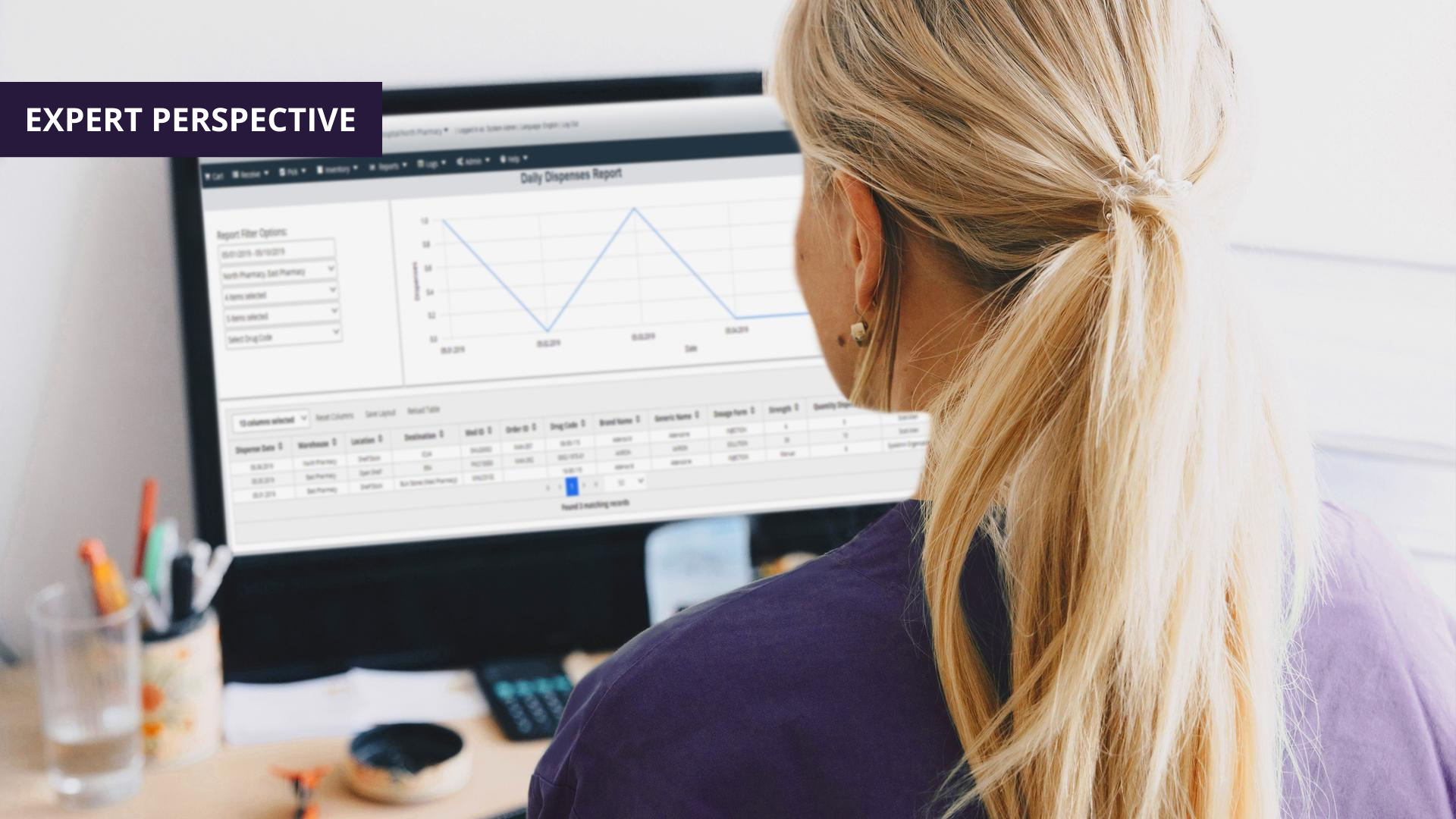Jeff Erbert | 10 July, 2024
The Healthcare Landscape Is Evolving
Healthcare is a rapidly evolving landscape with myriad operational challenges. To truly succeed, providers must be both accurate and efficient in every step of care – but that’s much easier said than done. According to a study published by the National Library of Medicine, hospital nursing staff spends roughly 25% of their time on administrative tasks like documentation and electronic health record review. Couple that with the fact that 62% of nurses experience burnout and it becomes clear that healthcare employees could use some operational support – that’s where automation technology can help. Here are five areas where automation technology is changing the way we do healthcare.
5. Electronic Health Record Management
Electronic health records have done a lot to make things more efficient, but now it’s time to take things to the next level. The current model requires manual data input, leaving room for human error. That human error could result in less efficient care or worse, a medication error. New automation technology can harness the power of Artificial Intelligence (AI) to help make this process more accurate and efficient by:
- Checking if information is up to date.
- Evaluating if data is repetitive and can be entered automatically.
- Turning quick notes into more complete sentences and vice versa.
- Quickly summarize information or answer questions about a dataset.
4. Patient Scheduling and Communication
Patients are becoming increasingly tech savvy and value working with providers who have a great digital presence. From easy-to-use web applications like patient portals, to virtual scheduling, a tech-forward web experience can save office staff both time and headache. Advantages here include:
- Offering a telehealth portal with virtual appointment scheduling.
- Creating automated communications, like appointment reminders, medication information, or calls for feedback.
- AI-powered bots that can answer basic FAQs instantly
3. AI-Enhanced Imaging Technology
Not only can today’s technology help analyze medical images with exceptional accuracy, but the power of AI allows medical imaging to be more precise with less data. That means healthcare providers can produce higher quality images in far less time, and patients don’t have to spend as much time in the machine itself. On the other hand, the hospital or the healthcare institution performing the imaging can serve more patients in a given day.
In other words, automation technology helps medical imaging by:
- Helping diagnose areas of concern
- Producing images in less time, therefore reducing patient discomfort
2. Transportation Automation
The pneumatic tube system has long been the transport backbone of the hospital. However, they’ve come a long way since their initial adoption. Modern pneumatic tube systems use technology like RFID tracking, transfer units, and software to create a transportation infrastructure that can make thousands of transaction per day much more efficiently than a group of human couriers. In the blog, Defining Fast Inside Hospital Walls TransLogic finds that a tube system is approximately 80% faster than manual transport.
1. Pharmacy Automation
In a large healthcare system, few departments have as many moving parts as the pharmacy. Stocking, storing, tracking, and delivering thousands of doses of medication per day requires impeccable organization, careful security measures, and automation where it can be applied. Yet, errors still occur. According to a study on medication dispensing errors published in the National Library of Medicine: “In the United States of America, preventable adverse events lead to an estimated 44,000 to 98,000 hospital deaths annually, surpassing the number of deaths attributed to motor vehicle accidents” and that they can affect as many as 6.5 out of 100 patients. To combat this, large health institutions turn to pharmacy automation robots that can pick thousands of doses of medication, package it, and track it.
Automation Is Key To Future Operations
In the end, the integration of automation technologies into healthcare is revolutionizing the industry by enhancing efficiency, accuracy, and patient care. From streamlining electronic health record management with AI to improving patient scheduling and communication through advanced digital platforms, these innovations are addressing operational challenges within the space. Even AI-enhanced imaging technology is enabling faster, more precise diagnostics, while pharmacy automation is mitigating medication errors and increasing safety.
Lastly, modern transportation automation systems are significantly accelerating the internal logistics of hospitals. As healthcare providers continue to embrace these advancements, the potential for improved outcomes and reduced burnout among staff becomes increasingly attainable. The future of healthcare lies in the seamless integration of these technologies, paving the way for a more efficient and effective healthcare operations.









